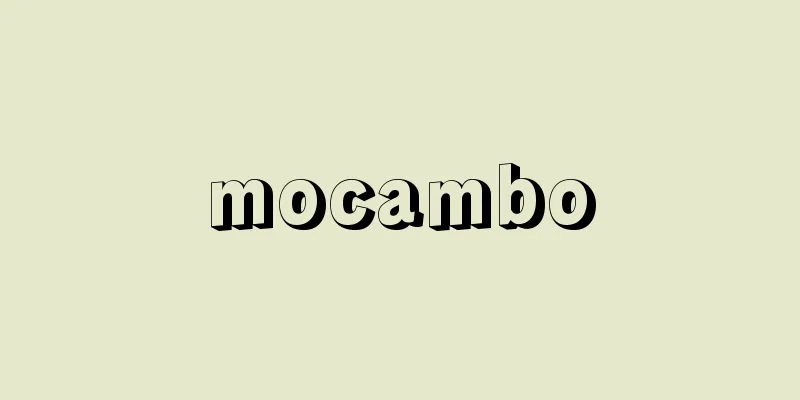Villa‐Lobos (English spelling) Heitor Villa‐Lobos

|
1887‐1959 A representative modern Brazilian composer. He learned the cello from his father. Between the ages of 18 and 25, he traveled throughout Brazil, encountering folk music from all over the country, which later inspired him to fuse Western and Brazilian music. From 1915 onwards, he regularly gave concerts of his own compositions, and his talent was gradually recognized, leading to him receiving financial support in 1923 to travel to Europe, where he interacted with artists in Paris and received new inspiration. After returning to Rio de Janeiro in 1930, he founded the National Conservatory of Music (1942) and the Music Academy (1945), and was also active as a conductor. Source: Heibonsha World Encyclopedia, 2nd Edition Information |
|
1887‐1959 ブラジル近代の代表的作曲家。父にチェロを学ぶ。18~25歳の頃,ブラジル中を旅し,各地の民俗音楽に接したことが,後に,西洋音楽とブラジル音楽の融合を図るきっかけとなる。1915年以降,自作演奏会を定期的に開き,少しずつ才能が認められ,23年援助を受けて渡欧。パリの芸術家と交わり,新たな刺激を受ける。30年にリオ・デ・ジャネイロに帰ってからは,国立音楽院(1942),音楽アカデミー(1945)を設立し,指揮者としても活躍した。 出典 株式会社平凡社世界大百科事典 第2版について 情報 |
Recommend
Hanyu-zaka
A slope where the ancient Tajihi Road crosses the ...
Bathsheba
She was the mother of Solomon, who lived around th...
Yabumao - Yabumao
A perennial plant of the Urticaceae family (APG c...
Caltex [company] - Caltex
A major American oil company engaged in refining c...
Acyl urea
...Ureide in English. Also known as acylurea. Mon...
Controllable Pitch Propeller - Controllable Pitch Propeller
A propeller for an airplane or ship whose pitch ca...
Sanrinkai - Forestry Association
A private forestry guidance organization organized...
Platonic numbers - number of Plato
A representative example of a sacred number in the...
Standing person - Tatemono
1. An outstanding actor in a troupe, or a popular ...
Meshida - Meshida
A summer-green fern of the Dryopteris family. The...
Ragwort
…In July and August, large corymbs grow at the to...
Jizo auspicious picture scroll - Jizo engi emaki
A picture scroll with the theme of various aspects...
Ibn al‐Kalbī
?-819 or 821 Arab genealogist and historian. A res...
school
…After the death of the master, the workshop was ...
Electric catfish
…Each discharge lasts for a few milliseconds and ...









